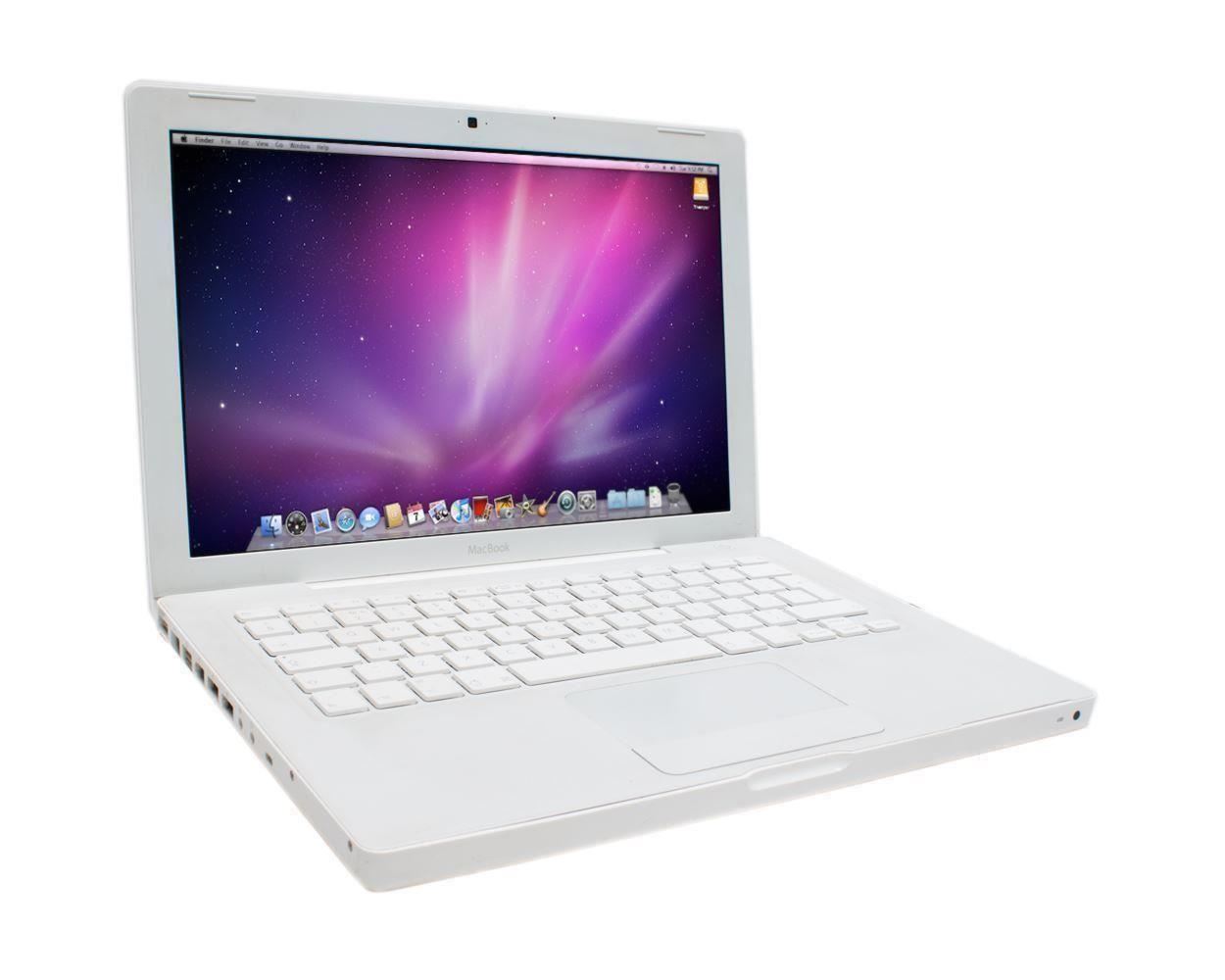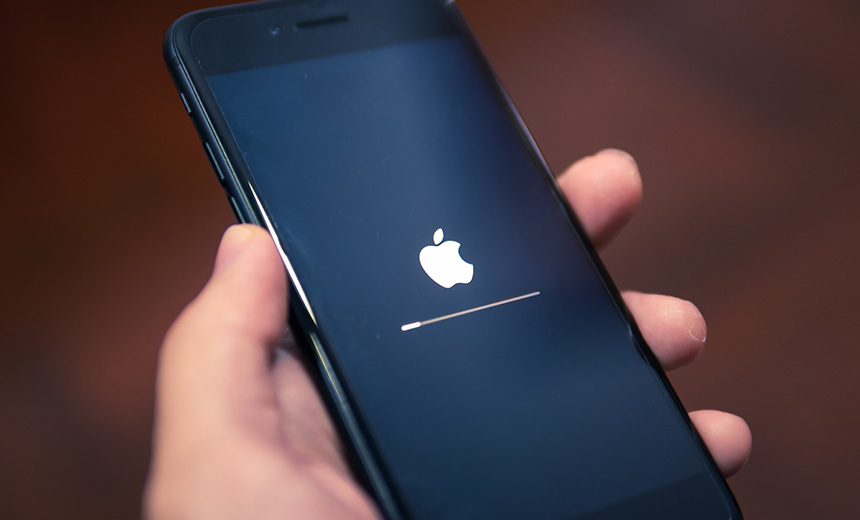


The company states that it provides "authorized governments with technology that helps them combat terror and crime." NSO Group has published sections of contracts which require customers to use its products only for criminal and national security investigations and has stated that it has an industry-leading approach to human rights. NSO Group developed its first iteration of Pegasus spyware in 2011. Subsequent investigations into Pegasus by Amnesty International, Citizen Lab, and others have garnered significant media attention, most prominently in July 2021 with the release of the Pegasus Project investigation, which centered on a leaked list of 50,000 phone numbers reportedly selected for targeting by Pegasus customers. Ĭyber watchdog Citizen Lab and Lookout Security published the first public technical analyses of Pegasus in August 2016 after they captured the spyware in a failed attempt to spy on the iPhone of a human rights activist. The spyware is named after Pegasus, the winged horse of Greek mythology.

While the capabilities of Pegasus may vary over time due to software updates, Pegasus is generally capable of reading text messages, call snooping, collecting passwords, location tracking, accessing the target device's microphone and camera, and harvesting information from apps. Īs of March 2023, Pegasus operators were able to remotely install the spyware on iOS versions through 16.0.3, through a zero-click exploit. While NSO Group markets Pegasus as a product for fighting crime and terrorism, governments around the world have routinely used the spyware to surveil journalists, lawyers, political dissidents, and human rights activists. Pegasus is spyware developed by the Israeli cyber-arms company NSO Group that is designed to be covertly and remotely installed on mobile phones running iOS and Android.


 0 kommentar(er)
0 kommentar(er)
